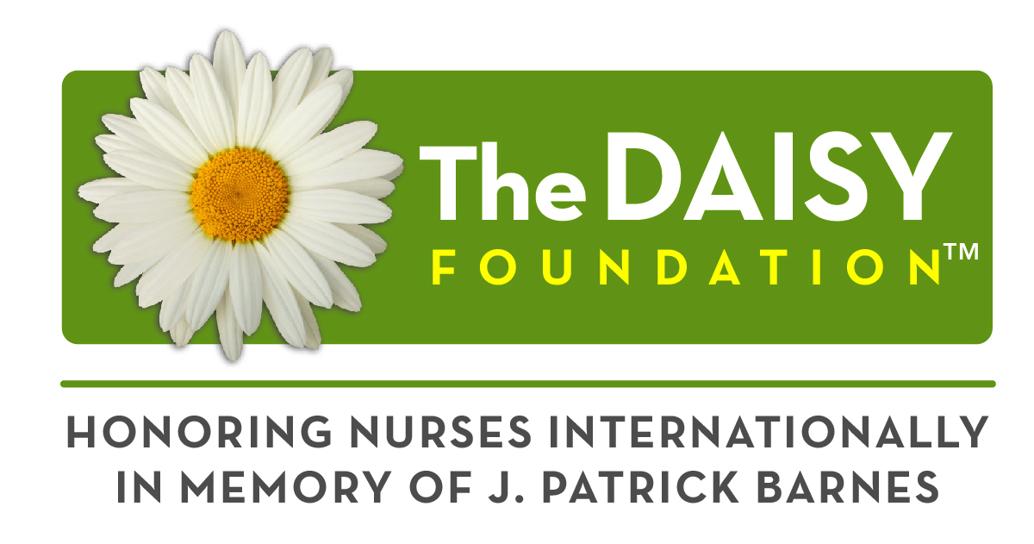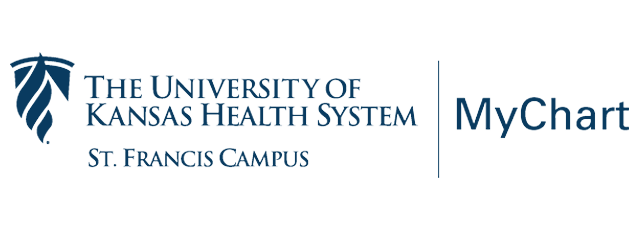Breastfeeding Basics: Tips from a Baby-Friendly Facility
If you are welcoming a new baby to your family, you understand the many decisions that are involved in being a new parent! From naming your baby, choosing delivery preferences, or picking a feeding option, we want you to know all the information before making a choice for you and your newest family member.
Whether you are an experienced or new mom, each pregnancy and delivery can be different and present a unique set of challenges. There is a lot of research and evidence to support breastfeeding as the best option for both mom and baby. Social media influences, personal situations and opinions from family and friends may create confusion when picking the right feeding choice for you. The best way to make any decision as important as how to feed your baby should include all the information and how to find support and encouragement when you need it most.
Magic Diet for Your Baby
Your body creates the perfect food for your baby to be able to develop during those early months of life. The milk you have is full of nutrients that give your baby the perfect food and even changes as your baby’s needs change. After the first several days of breastfeeding, your milk will change in color, thickness sand nutrient concentration. Your mature milk will have the perfect balance of fat, sugar, protein and water.
In addition to breastmilk supplying your little one with proper nutrients, it’s also loaded with antibodies that protect your baby from illness and infections. Breastfeeding research has shown that nursing lowers the risk of some types of cancer, asthma, obesity, type 2 diabetes, ear infections, eczema, diarrhea and necrotizing enterocolitis (a disease that harms pre-mature babies).
Health Protection for Mom
Your baby gets a number of benefits from breastmilk, but you can also get some great benefits yourself. Breastfeeding helps moms heal after giving birth. Moms who breastfeed have a lower risk of developing type 2 diabetes, certain types of breast cancer and ovarian cancer. Some women also see a jumpstart in their efforts to lose postpartum weight. Breastfeeding moms can burn 450-500 calories per day. It’s good to keep this in mind to make sure you’re still eating enough for the both of you!
How to Ensure a Good Milk Supply
Many new moms worry about having enough breastmilk to feed their baby. The best way to ensure your baby is getting the right amount of nutrition is to establish a good feeding pattern right after birth. Placing the baby skin to skin immediately after delivery and keeping them there until the first feeding is a wonderful way to promote bonding and ensure feeding is off to a good start.
Following the baby’s cues and feeding often, 8 or more times in 24 hours, will both get the baby the colostrum (early milk full of antibodies and sugar) they need and encourage your milk to come in. Other ways to make sure your baby is getting plenty to eat:
- Check for a good latch
- Offer each breast during feedings
- Check for wet and dirty diapers
- Avoid giving your baby cereal or formula as this may make your baby less interested in nursing often
Ensuring your baby gets a good latch will help him/her get enough milk, but it will also make it more comfortable for you. Getting your baby to feed correctly may take some practice. If you have sore nipples, your baby is having trouble getting enough of your breast in his/her mouth or even if you’re just concerned about technique, talk to one of our lactation consultants. They are there to make sure this experience becomes one that’s enjoyable for both of you.
Special Bonds
Bonding with the use of skin to skin is encouraged throughout your feeding time with your infant. Your baby will find comfort in your presence, his/her will have lower stress and you’ll both find joy in this closeness.
Your partner can also use this time for bonding and should also try skin-to-skin contact. Your partner could be with you during feedings or be there right after to burp your baby. Find ways to include each other in this special time.
Breastfeeding in Public and Special Accommodations
Once you become pregnant, you discover quickly how many people have opinions about you and your baby! Breastfeeding is no different and it can be difficult to know who to turn to, how to ask for what you need and how to react to strong opinions. One major place where you might need to make your needs known is at work. A good place to start is to know the law. Women are covered under the Federal Break Time for Nursing Mothers Law and the Section 7 of the Fair Labor Standards Act (FLSA). The Break Time for Nursing Mothers Law requires FLSA employers to provide break time for women to express milk in a functional space that is not a bathroom each time they need to do so. Even though it’s the law, employers may be unaware if they are supporting the needs of their employees. Have a discussion with your employer before going on maternity leave or returning to work to make sure you are both prepared.
Breastfeeding in public also comes with protection from the law. Kansas State Law protects your right to breastfeed your child in any public space. You never have to respond to anyone who comments negatively about breastfeeding. Find support from other moms in the area and know that you do have support.
For more information on your rights in the workplace, click here: https://www.womenshealth.gov/supporting-nursing-moms-work/what-law-says-about-breastfeeding-and-work/what-breastfeeding-employees/#1
Pumping Breastmilk
Breastfeeding takes time and no matter how happy you are to give this gift to your baby, it can still feel like a chore some days. This includes when it’s almost time for you to return to work. The best way to handle that stress is to have a plan. You’ll need to prepare both your body and your baby for your absence by introducing pumping and alternative feeding methods into the routine before you go back to work.
A few weeks before you plan to return to work, practice your pumping and give your baby a bottle instead of your breast at some feedings. You can also build up a supply of breast milk by pumping after the baby is finished eating or when the baby is sleeping. Having a supply ready can let you relax when something unexpected happens and you have to be away from your baby.
See our lactation specialists for pumping and breastmilk storage tips. You can also find information here: https://www.womenshealth.gov/breastfeeding/pumping-and-storing-breastmilk.
We understand that there are a number of reasons a mom may choose not to breastfeed. Know we are here to support whatever decision you make, but want to make sure you have all the information you need to make the best feeding choice for you and your new baby. We are here to help ensure you and your baby are as healthy as possible!
If you have any questions about your baby’s early development or are worried about your baby getting enough milk, contact your physician or the First Days Clinic at The University of Kansas Health System St. Francis Campus. The First Days Clinic is staffed by certified nurse lactation consultants who provide free breastfeeding support to new mothers during their hospital stay as well as after mother and baby go home. The lactation consultants can monitor your baby’s weight, evaluate breastfeeding and bottle feeding, check for newborn jaundice and answer questions. The First Days Clinic is open seven days a week by appointment with same day appointments available.
Please call 785-270-5072 for more information or to schedule an appointment.




